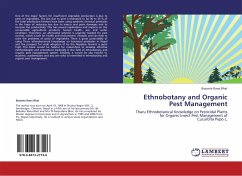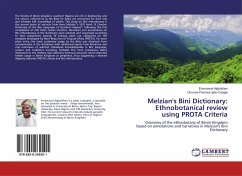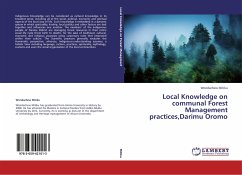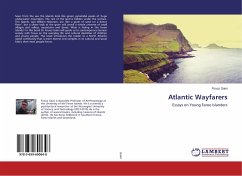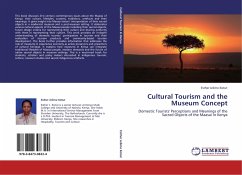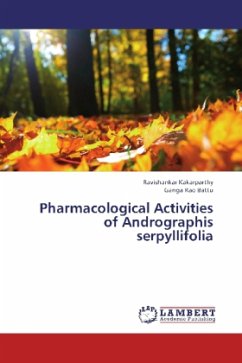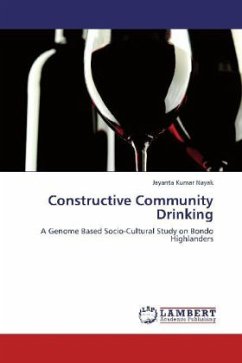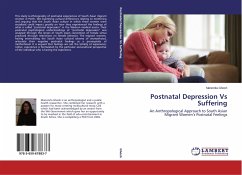One of the major factors for insufficient vegetable production is due to pests of vegetables. The loss due to pest is estimated to be 30 to 35 % of the total production.Farmers have been using synthetic chemical pesticides in the hope of reducing loss due to insects and pests damages and to increase the productivity. This has several implications and impacts on the consumable agricultural products, human health, soil, and water condition. Therefore, an alternative solution is urgently needed for pest control, which is safe for health and environment, cheaper and can help to solve the problems of pests of vegetables. There is great potentiality of using Tharu ethnobotanical knowledge on botanical pesticides in Nepal and the prospect for wide adoption of by the Nepalese farmers is quite high. This book would be helpful for researchers to develop effective methodologies and procedures especially in the field of ethnobotany and organic pest management system. Similarly, it would be also helpful to students, academicians and any one who is interested in ethnobotany and organic pest management.
Bitte wählen Sie Ihr Anliegen aus.
Rechnungen
Retourenschein anfordern
Bestellstatus
Storno

